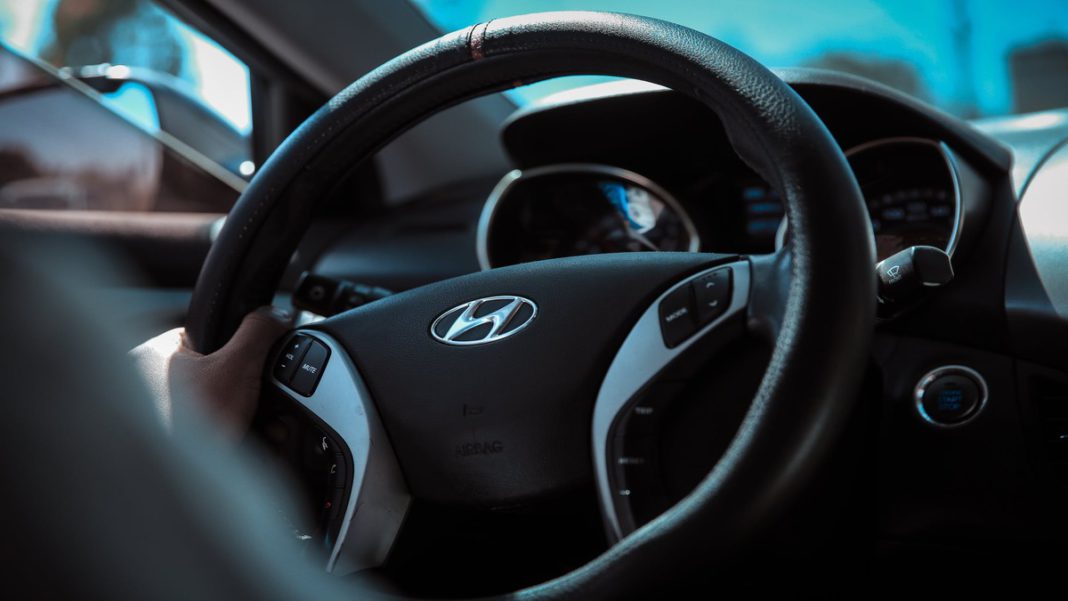SOUTH KOREA: On Tuesday, South Korea’s Hyundai Motor Co. announced that it had finalised a $5 billion joint venture for electric vehicle (EV) batteries in the United States, advancing electrification endeavours in its largest market.
Hyundai also said that its first-quarter net profit had more than doubled, beating expectations. Following the announcements, its shares increased by as much as 5% to a seven-month high as the automaker also started taking initiatives to increase shareholder returns.
Hyundai will establish a new battery manufacturing facility in the state of Georgia with partner SK On, a battery division of SK Innovation Co. Ltd. (096770.KS), the firms announced, formalising an earlier preliminary agreement.
The action follows fresh U.S. sourcing standards for EV battery components and essential minerals in order for car shoppers to be eligible for up to $7,500 in subsidies under the Biden administration’s Inflation Reduction Act (IRA). Hyundai (005380.KS) and its sister business, Kia Corp. (000270.KS), vehicles are not currently qualified for the tax credits.
The statement was made as South Korean President Yoon Suk Yeol, making his first state visit to the United States in 12 years, was meeting with President Joe Biden in Washington. Top executives from several of South Korea’s largest corporations, including Hyundai Motor Group Executive Chair Euisun Chung, are travelling with Yoon.
Rivals Samsung SDI (006400.KS) and General Motors Co. (GM.N) announced that they would jointly invest over $3 billion to construct an EV battery manufacturing facility in the United States.
With a 35 GWh annual production capacity, the Hyundai-SK factory in Georgia will likely start making battery cells in the second half of 2025. This would allow for the production of 300,000 electric vehicles.
For the months of January through March, Hyundai, which makes the Elantra sedans and Tucson SUVs, recorded a net profit of 3.3 trillion won ($2.47 billion), up from a profit of 1.6 trillion won a year earlier.
This was made possible by an increase in vehicle output as a result of a reduction in the global chip shortage and persistently high demand for its high-margin SUVs. Comparatively, a Refinitiv SmartEstimate from 16 analysts predicted a 2.3 trillion-won first-quarter profit.
Lee Jae-il, an analyst at Eugene Investment and Securities, said, “In addition to the robust demand for automobiles, raw material prices have been stable and declining since late last year, enabling Hyundai to increase its profitability.”
Hyundai and Kia’s vehicles are competitive in the United States based on their favourable exchange rates and prices, he added.
Seo Gang Hyun, chairman of Hyundai’s planning and finance division, stated that a sizable amount of the company’s sales in the United States were still made up of luxury Genesis sedans and conventionally powered SUVs.
On Tuesday, additionally, in order to maintain control and improve 42dot Inc.’s operational competitiveness, Hyundai and Kia revealed intentions to increase their shareholding in the autonomous transportation company by investing a total of 1.05 trillion won.
Also Read: WhatsApp Introduces New “Channels” Feature for Personalized Updates and Engagement



